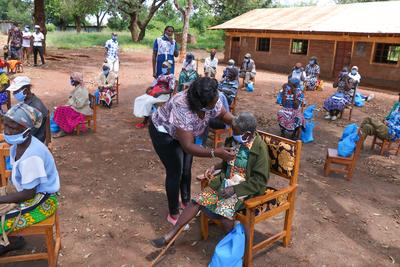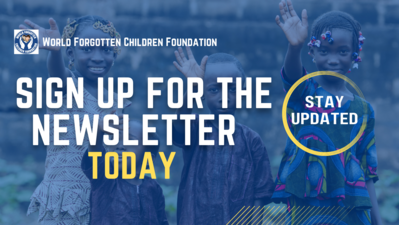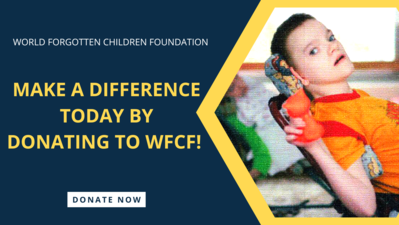
Neglected tropical diseases (NTDs) earn their name because they do not attract the attention of researchers and donors. They are diseases that affect a small number of people annually, usually in impoverished regions, and so are not considered of major concern. However, NTDs actually affect close to 1.7 billion people globally, as many diseases are included in this category. Some examples that WFCF have covered in the past are: Leishmaniasis, Buruli Ulcer, Fascioliasis, Leprosy, Trachoma, Typhoid Fever and Chagas Disease. These diseases, and many others, have escaped national and global elimination plans in a number of different regions (Bland, 2023).
With that being said, there has been a good amount of progress when it comes to the elimination of NTDs. In the last few years, it has been reported that 47 countries have eliminated at least 1 NTD. In addition to that, the World Health Organization reports that NTD programs have performed better last year than the year prior, hinting at valuable lessons learned in our fight against NTDs (WHO, 2023).

Although this progress can be used as proof that our collective action has led to important work that is saving many lives, there are risks that threaten to reverse the important milestones reached. For example, the COVID-19 pandemic has resulted in NTD services being the second-most disrupted health service and suffered some of the most severe disruptions to services (Bland, 2023).
Another risk is that NTDs are likely to increase and reemerge with climate change, as infectious diseases are influenced by climate changes and deforestation. This increase can occur with small climatic changes and these changes may greatly increase the transmission of the disease. The changing climate would also make it harder to combat NTDs, as people are likely to be displaced and experiencing poverty at this time (Bland, 2023).

The main way to combat NTDs is understanding the role that global health plays in our individual lives. Cross-sector and international cooperation when it comes to water, sanitation, health care and a number of other sectors that can greatly affect the influence of NTDs and other infectious diseases (Bland, 2023).
Some diseases may be considered as NTDs, which means that they lack funds and attention. However, our ignorance does not mean that these diseases are not a concern. It still affects many people globally and puts them at a risk of severe morbidity. Ensuring appropriate community development is a way to fight back against diseases that thrive in poverty. WFCF’s mission now extends to cover projects supporting community development. Help us today by donating to our mission!
Resources:
Bland, S. (2023, January 27). Neglected tropical diseases: Integrate to eliminate. Global Health NOW. https://globalhealthnow.org/2023-01/neglected-tropical-diseases-integrate-eliminate
WHO. (2023). World NTD Day 2023. World Health Organization. https://www.who.int/campaigns/world-ntd-day/2023


